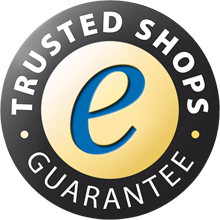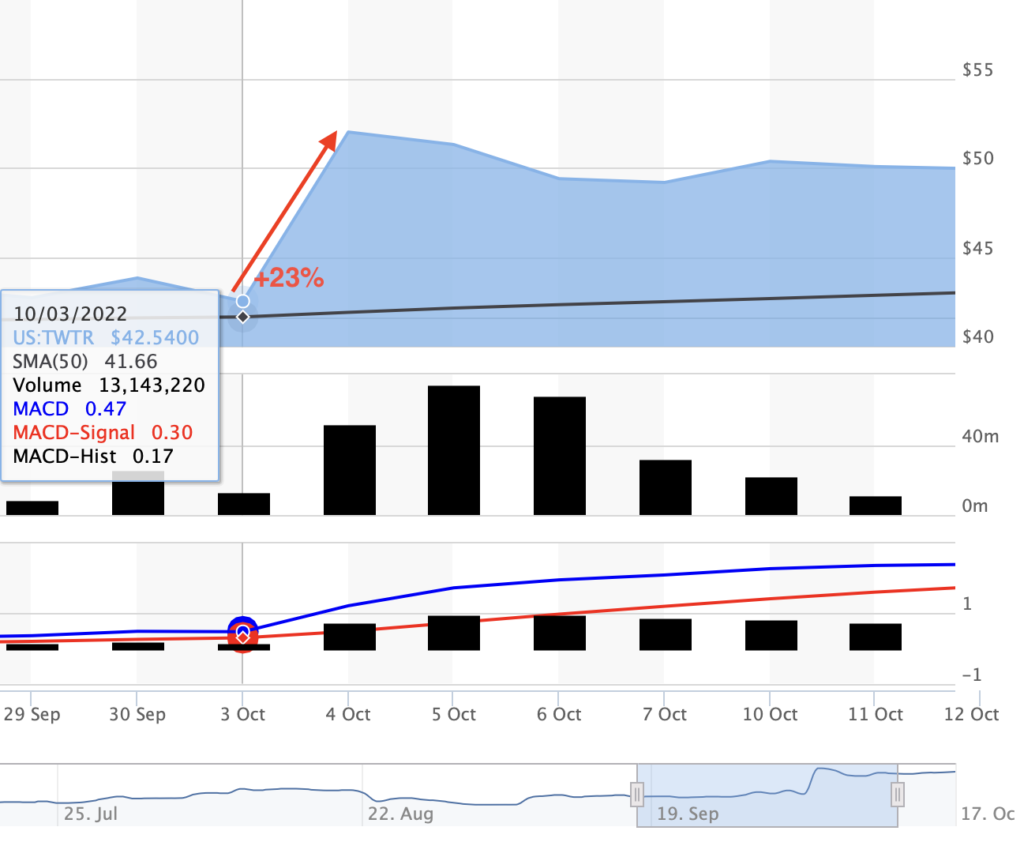Reading Time: 4 minutesFor years, decades we have been going online to purchase, music, electronics, books and literally anything you can imagine. We should be quite familiar with shopping online, however, in this so familiar environment, trust is still an issue, if not, the issue in the e-commerce sphere.
I will be looking at the German and Polish e-commerce market. One of the most developed e-commerce market in the EU and Poland, the fastest growing e-commerce market in the EU. Both markets full of opportunities. What can the Polish market learn from the more developed and established e-commerce market in Germany? A lot, but let’s look at the issue of trust that I mentioned earlier.
A representative study sponsored by the D21 Initiative and the “Federation of German E-commerce and Mail-Order-Companies” reveals that 96% of people questioned already ordered something online. Furthermore, customers prefer shops that have been rated by other users positively, the companies are based in Germany, they are certified shops and customers do not have to pay in advance. Another interesting fact, 47% of people that have never purchased online before or rarely said that the fear of misuse of their private data is the reason why they have not made purchases online.
All these facts point towards one issue – trust. Trust is the conversion rate booster and literally the only thing that stops your users from becoming loyal customers. Trust is a rather complex construction of the human mind, usually established over longer periods of time and repetitive interaction between the parties involved. However, this will not work for first time customers. Providing excellent service and constant communication with your existing customers will help to build a loyal customer base, users that have not been customers previously will need some extra convincing to make their initial purchase in your shop.
How do we convince these potential clients that we are a trustworthy shop with excellent customer service and an uncomplicated and well-designed customer experience? First things first, the e-shop itself should be clearly structured, transparent and the order process should be as easy and uncomplicated as possible. There is a variety of elements to look at, starting with product presentation, pricing, legal representation of the shop, contact center, customer data required and last but not least an FAQ and terms of service section. Interesting fact, only about 30% of German online buyers claim to not read the “AGB” or terms of service, which is usually a very long and boring document written in legal German. This shows once again, people want to be assured that in case things go south, they are safe and backed by a legal framework and they can deal with a “real” company, with an office, hopefully located in the same country.
Customers at this point are looking to build a trustworthy picture of a shop themselves; the shop has to just facilitate that process. Let the customer find what he is looking for, offer a world-class return policy and easy shipping. Certificates like “Trusted Shops” and SSL security can help to build the image of a safe shopping environment.
Certificates as trust builder

Certificates like Trusted Shops try to offer a guarantee for the reliability and trustworthiness of shops. People do actually look for this kind of reference on a webpage in order to build trust. A trusted shop and SSL certificate are therefore highly recommended and relatively affordable in their implementation.
Even though trusted shops tries to provide a European certificate, I think there is still room for improvement. The European E-Commerce and Mail Order Trade Association (EMOTA) is working on an own certificate, however, personally, I see here a lot of room for improvement and a stronger image and reputation, as well as higher level of recognition are required to give these certificates the desired effect. Internationalization of e-commerce seems to be still developing, as customers are highly suspicious of foreign companies on the e-commerce market. Even though, we imagine the internet as borderless space. This is especially challenging for foreign E-commerce shops that would like to enter e.g. the German market.
This is also a call out to European law makers to facilitate the development in e-commerce and provide a truly international e-commerce marketplace with a common set of rules, regulations and customer protection acts.
What does this mean for the Polish Market?
The Polish e-commerce market is not mature yet, which provides a lot of opportunities for e-commerce, as well as supporting functions like Logistics to benefit of the developments in the fastest growing e-commerce market in Europe. Trust is in fact a major issue in Poland, since there is still a large amount of the population unfamiliar with e-shops or even the internet in general. The market will have to educate and build trust to the customer. Certificates are not as widely spread and do not have the recognition, even though trusted shops entered the Polish market a while ago. As a lot of people are not online yet, especially in the older demographics, it is crucial to use a combination of online and offline tools to give people a feeling of trust in companies that do not have a physical shop. E-commerce leaders are so far almost without exception a combination of online and brick-and-mortar stores. This will certainly be one of the biggest challenges for the Polish e-commerce market in the future.



